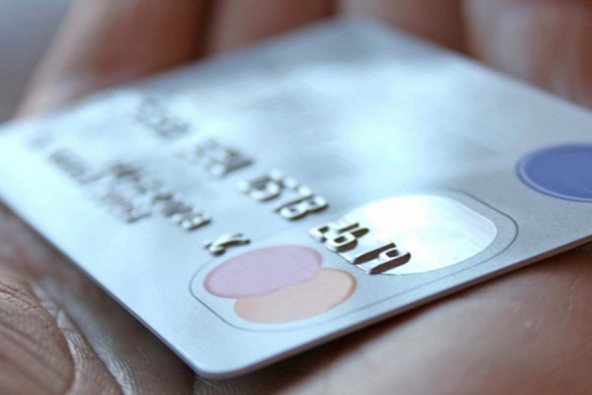Wireless Credit Card Processing

Wireless credit card processing solutions have proliferated with the coming of age of the cellular phone technology. As their name suggests, these services enable merchants to accept bank cards on mobile devices, at locations outside of their stores and offices. Traditionally, wireless solutions have required merchants to purchase specialized mobile point of sale (POS) terminals, but over the past few months a couple of start-ups have introduced services compatible with smart phones.
There are two distinct groups of wireless processing services:
- Long-range wireless card processing. Long-range wireless services operate on the same networks that cell phone carriers use for transmitting voice and data. The service is available everywhere network service is present. These services are designed for businesses that regularly accept payments at their customers’ locations or at industry gatherings and similar types of events.
- Short-range wireless card processing. Short-range wireless devices use the same connectivity services that cordless phones use. The mobile processing terminal can be operational within a radius of several hundred feet of the location of its base unit which is connected to a phone line. The short-range wireless card processing service is perfect for merchants with limited mobility requirements, e.g. merchants who need card acceptance capabilities at different locations on their premises.
The advantages of using mobile services for accepting card payments are:
- Convenience. Wireless card processing services enable merchants to immediately accept card payments at trade shows, conventions, or on their customers’ premises. The alternative is to collect customers’ payment information to be processed later, increasing transaction costs and the probability of making an error.
- Reduced risk exposure. Wireless transactions fall into the “card-present” category, which is the first factor processors look at when determining the merchant’s risk level. Card-present transactions are much less likely to be fraudulent than card-not-present ones.
- Better fraud protection. With a wireless terminal the customer remains in possession of the card at all times, thus reducing the possibility of a fraudulent activity. The card’s magnetic stripe is “read” by the terminal making it much easier to validate the transaction’s information.
- Reduced processing costs. Because wireless transactions are processed in the safer card-present environment, they generally receive the best processing rates available.
There are a couple of disadvantages of using wireless card processing solutions:
- High equipment cost. The cost of mobile terminals is significantly higher than that of regular POS terminals and can be the deciding factor in your decision, especially if your processing volumes are low. It must be mentioned, however, that some new services offer significantly lower hardware cost. Square, for example, gives away a card reader that can be plugged into a smart phone, turning the phone into a POS terminal. Square is still in beta testing, though, and it is not yet clear whether it will prove to be a viable alternative to a full-fledged wireless terminal.
- Network signal availability. Perhaps the biggest issue associated with wireless card processing is the reliability of the wireless signal. You should check the coverage map of the network that your prospective provider is using in the area you will be operating in before setting up a wireless merchant account. The two major networks used by wireless payment processing providers are:
- Verizon — check network coverage map.
- AT&T — check network coverage map.
Image credit: Businesstech.co.za.


